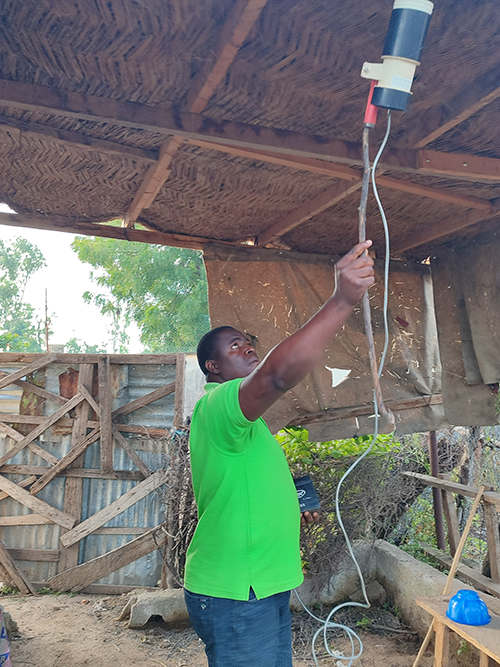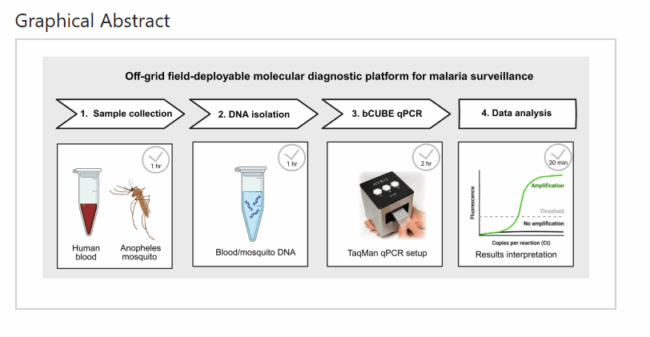Wellcome Trust: Characterising insecticide resistance-associated fitness cost and their compensatory genetic modifiers in major African malaria vectors
Malaria remains a devastating disease in the World (nearly 1/2 of the world population at risk) and particularly in Africa where more than 95% of cases are occurring. Prevention still primarily relies on vector control using insecticide-based interventions including impregnated nets which have significantly reduced malaria’s burden in Africa since their introduction. Given this heavy…



